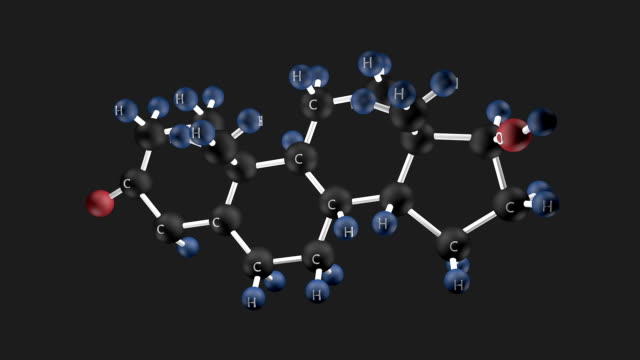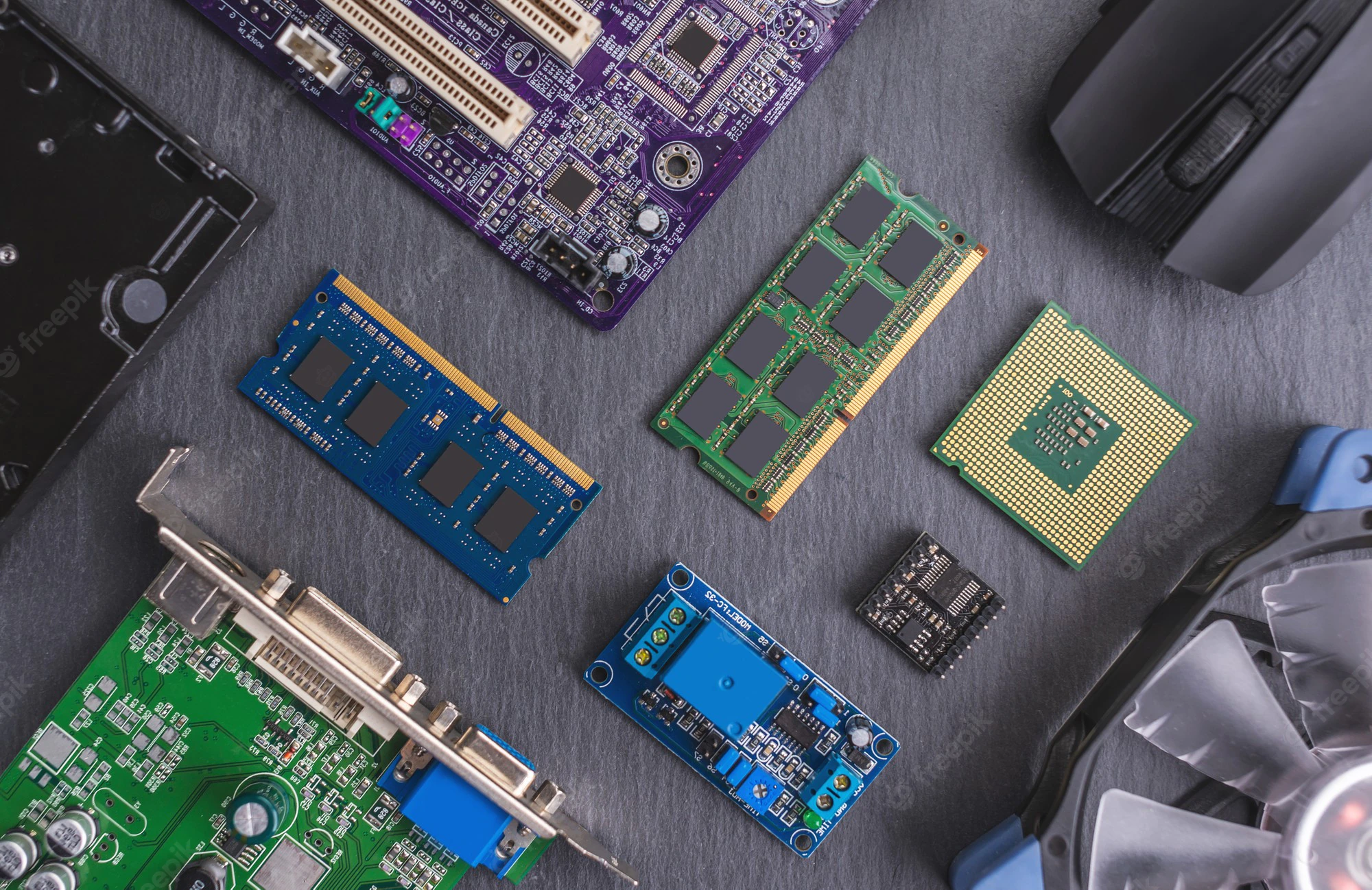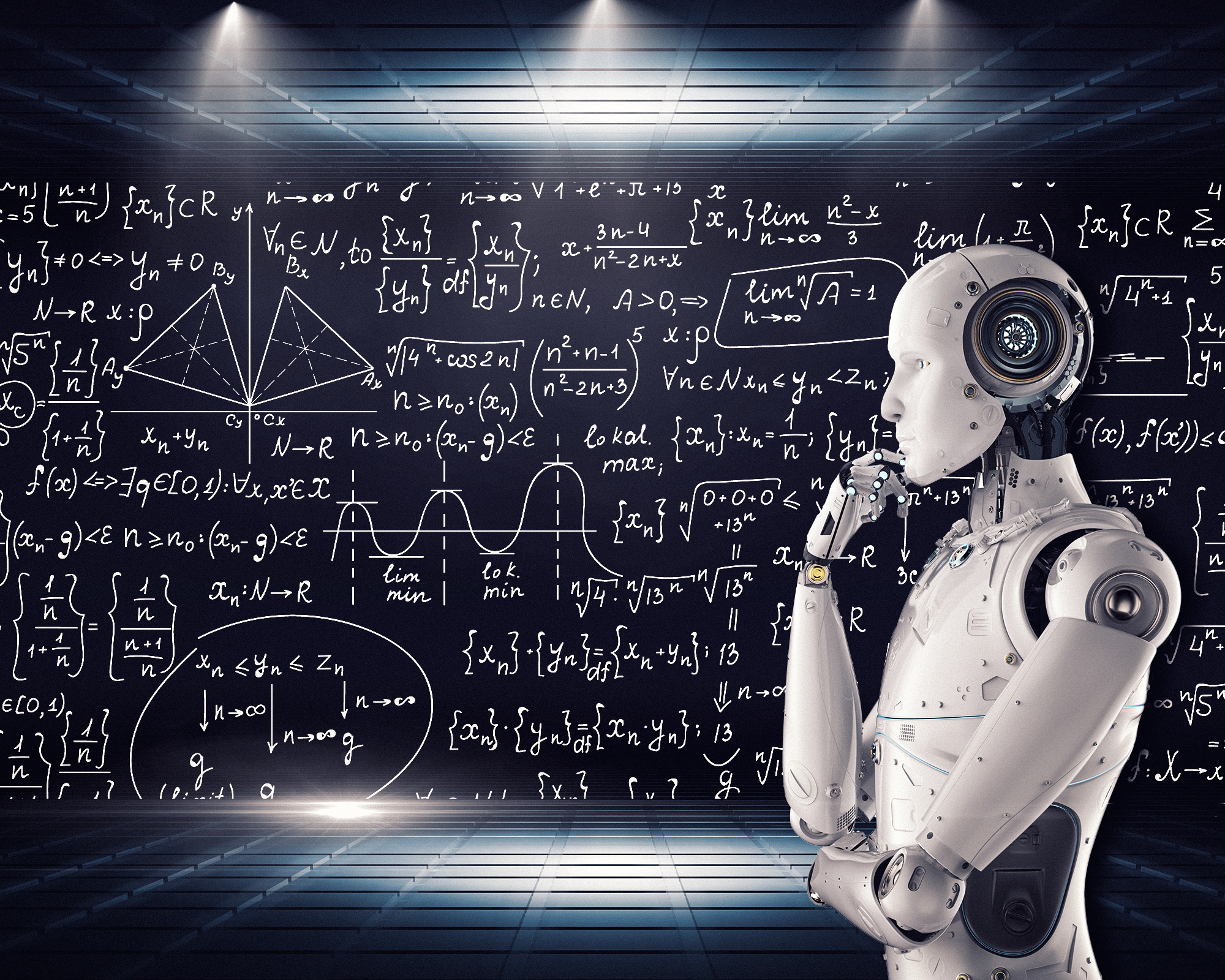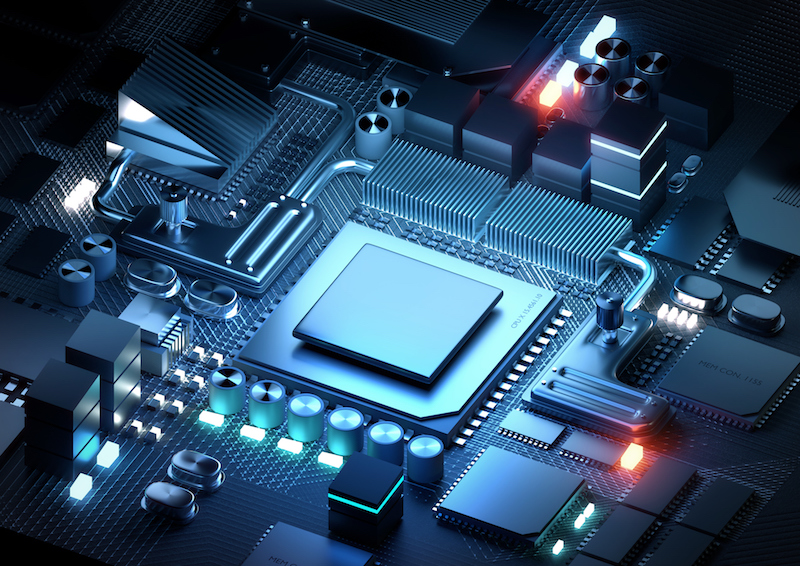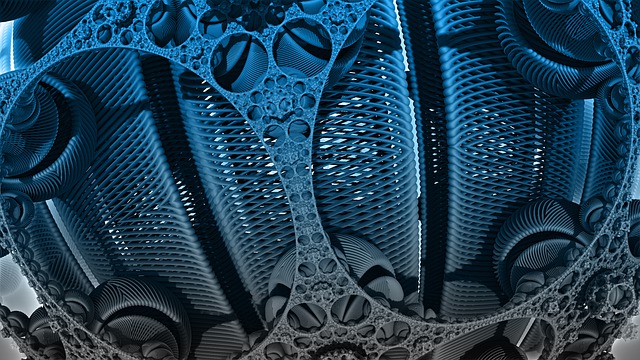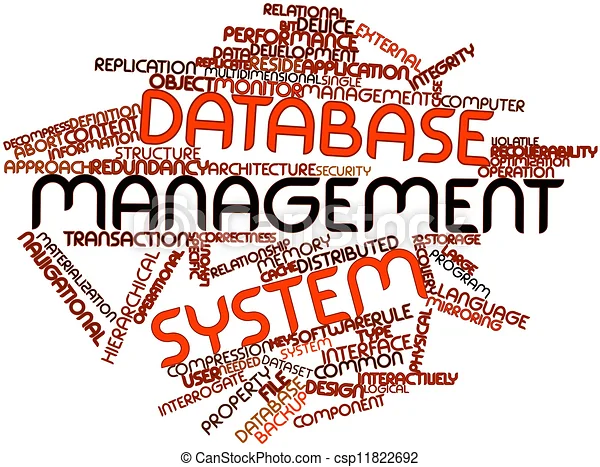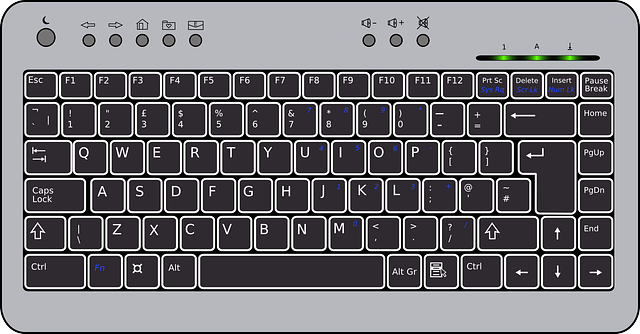Table of Contents
Programming logic devices and gate arrays are integrated circuits that are used to create a digital logic circuit. They are used to control the flow of data and electrical signals in a digital circuit. They are typically used in applications such as embedded systems, microcontrollers, and digital signal processing.
The most common types of programming logic devices are FPGAs, CPLDs, and PALs. FPGAs use a grid-based architecture to allow for a wide range of customization and flexibility. CPLDs and PALs are fixed-function logic devices that are preprogrammed to perform specific tasks.
They contain a set of logic gates, such as AND and OR gates, that can be programmed to perform a variety of functions. Logic devices and gate arrays are used to create logic circuits. They consist of an array of interconnected transistors, which can be used to create a wide range of logic functions.
By connecting the transistors in different ways, it is possible to create circuits that perform specific operations. This can be used to create timers, counters, comparators, multiplexers, and other types of logic circuits.
Gate arrays are typically used in applications where the circuit must be able to handle large amounts of data. They are also used for applications that require high speed or a high degree of customization. They are also used to reduce cost and complexity in applications that require multiple logic functions.
Logic devices and gate arrays are used in a wide range of electronic devices. These include computers, phones, televisions, and other consumer electronics. They are also used in industrial applications, such as robotics and machine control.
These devices and gate arrays can be programmed with a variety of logic functions, including Boolean logic, arithmetic operations, and memory functions. Additionally, these devices can be programmed to provide output signals in a variety of formats, such as digital, analog, PWM, or pulse-width modulation.
This allows engineers to customize the output signals for their specific application. Programming logic devices and gate arrays allow engineers to quickly and easily design and implement complex logic functions, resulting in cost savings and faster development times.
PROGRAMMABLE LOGIC DEVICES (PLDS)
Programmable Logic Devices (PLDs) are devices that can be programmed to perform specific logic operations. They are often used in digital systems to reduce the amount of logic required to implement the desired function. PLDs can be either programmable logic arrays (PLAs) or programmable array logic (PALs).
PLAs are programmable logic gates that can be programmed to create custom logic functions. PALs are programmable logic elements that can be used to create larger and more complex logic functions. PLDs are used in a variety of applications, including digital signal processing, automotive systems, industrial control systems, and embedded systems.
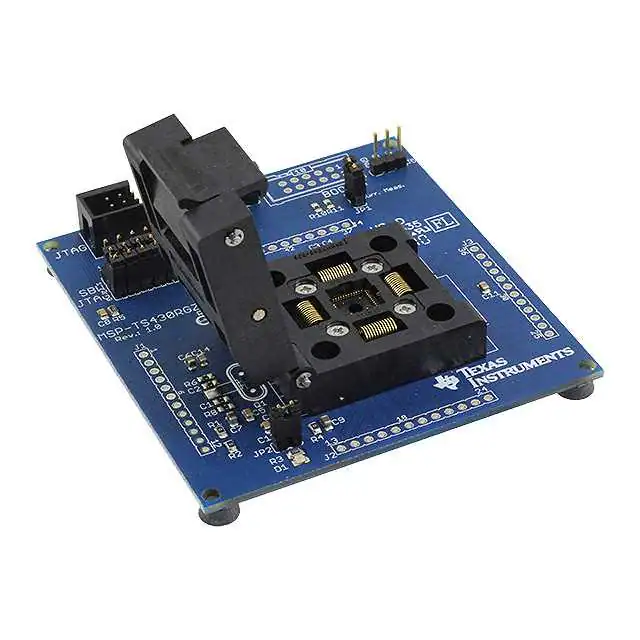
PLDs are used in a variety of applications, including digital signal processing, communications, digital control systems, embedded systems, automotive electronics, industrial automation, medical systems, and military and aerospace systems. They are also widely used in consumer electronics such as DVD players, digital cameras, and personal digital assistants. PLDs are also being used in a variety of other applications such as energy management, lighting control, robotics, and 3D printing.
PLDs offer a range of advantages over traditional custom logic components, such as faster design cycles, reduced costs, and increased flexibility. Additionally, they are much easier to program and debug than custom logic components, which are typically built from discrete components.
PLDs are also more reliable than custom logic components, as they can be tested and reprogrammed as needed. Finally, PLDs are more modular and scalable than custom logic components, allowing designers to easily add, remove, and rearrange logic functions.
Gate Arrays (GA)
Gate arrays are integrated circuits that are used to design specific logic circuits. They are made up of a large array of logic gates that are interconnected. These gates can be configured to perform a variety of logic operations, such as Boolean logic, arithmetic operations, and memory storage. They are widely used in electronic systems and microprocessors, as they are relatively inexpensive and easy to design.
On the other hand, Field Programmable Gate Arrays (FPGAs) have the advantage of greater flexibility. FPGAs are composed of logic blocks, which can be programmed to act as different logic gates. This allows more complex designs to be quickly implemented, with the ability to modify the design later on. FPGAs also allow multiple designs to be implemented on the same chip, resulting in a more cost-effective solution.
Overall, both Programmable Logic Gate Arrays (PLAs) and Field Programmable Gate Arrays (FPGAs) have their advantages and disadvantages. Depending on the application, one or the other may be the better choice. Gate arrays are commonly used in digital signal processing, communications, and other applications that require complex logic circuits.
Advantages of Programming Logic Devices And Gate Arrays
1. High-speed performance: PLDs and gate arrays offer high-speed performance due to their internal architecture, which allows for direct connections between logic elements.
2. Low cost: PLDs and gate arrays are highly cost-effective due to their low cost of design, implementation, and production.
3. Design flexibility: PLDs and gate arrays can be easily changed and reconfigured, allowing for different designs to be implemented quickly.
4. High density: PLDs and gate arrays are capable of high-density designs, allowing for more complex designs to be implemented in a smaller area.
5. Reduced development time: PLDs and gate arrays can reduce development time significantly due to their programmable nature, allowing for fast changes and modifications to designs.
Applications of Programming Logic Devices And Gate Arrays
1. Digital Signal Processing: Programmable logic devices and gate arrays are used to process digital signals in a wide variety of applications, such as audio, video, and image processing.
2. Automotive Electronics: Programmable logic devices and gate arrays are used in automotive electronics, such as engine control systems and safety systems.
3. Networking: Programmable logic devices and gate arrays are used in networking applications such as routing and switching.

4. Industrial Controls: Programmable logic devices and gate arrays are often used in industrial control systems for controlling machines and processes.
5. Robotics: Programmable logic devices and gate arrays are used in robotics applications such as the control of arms, legs, and other robotic components.
6. Security Systems: Programmable logic devices and gate arrays are often used in security systems for access control and surveillance.
7. Medical Devices: Programmable logic devices and gate arrays are used in medical devices such as pacemakers and defibrillators.
Final Thought On Programming Logic Devices And Gate Arrays
The use of programming logic devices and gate arrays has revolutionized the way in which electronic systems are designed and constructed. They provide a cost-effective and efficient way to build complex circuits with minimal effort and cost.
They are used in a variety of applications, including automotive, aerospace, and consumer electronics. Gate arrays offer a wide range of features and capabilities, often making them the preferred choice for complex designs.
Programming logic devices, on the other hand, provide the flexibility and scalability needed to create custom designs. In conclusion, programming logic devices and gate arrays are essential components in today’s electronic designs and will continue to be important tools in the future.
Also, read Micro programmed control unit














